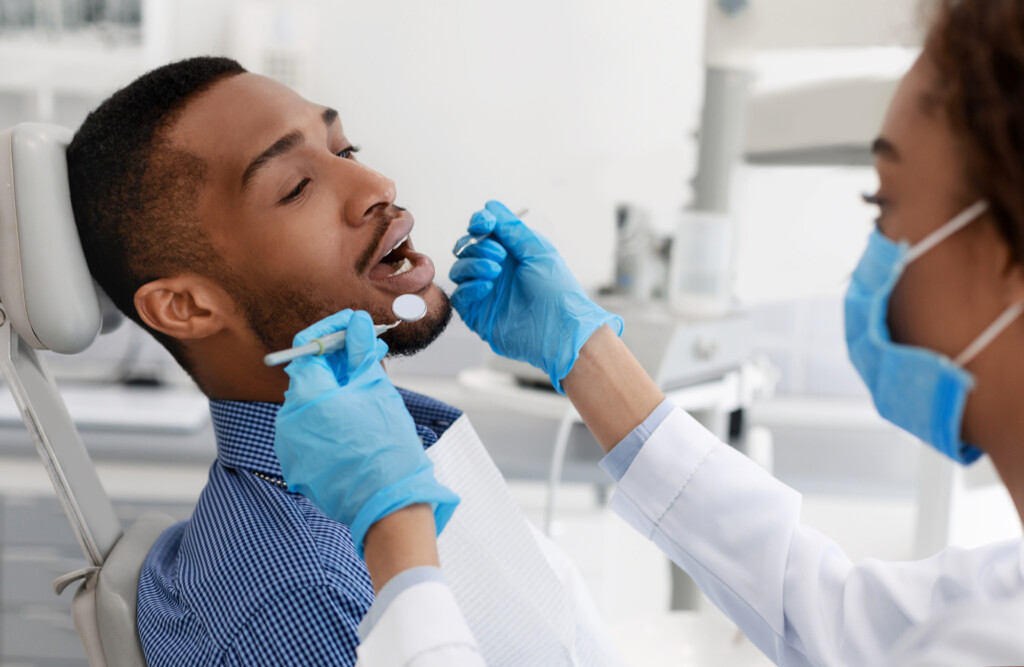Dental emergencies are one of the most humbling experiences in life; they can happen to anyone at any time—regardless of whether you take extra care of your teeth or not. This is not only painful but also inconvenient and distressing. At times like this, it’s best to have an emergency dentist you can run to so they can help you with your dental concern. Furthermore, their expertise and quick action can also make a difference in restoring your teeth to their former glory. This article will discuss common dental emergencies, explaining how emergency dentists can help provide prompt treatment and save your smile.
Recognizing dental emergencies: when to seek professional dental care.
Dental issues may be painful and uncomfortable, but not all of them require emergency attention. Be that as it may, there are several instances wherein you need prompt care, like emergency dentist Northcote, to prevent the dental concern from worsening and to save your teeth. Recognizing what these situations are will help you determine when to go to the emergency dentist. Here are a few signs and symptoms that warrant a visit to an emergency dentist:
Knocked-out tooth.
If you’ve had the misfortune of getting your teeth knocked out because of extreme force, head to the nearest emergency dentist. Heading there ASAP is crucial since there’s still a chance to save your tooth. Before heading to the dentist, wash your tooth with water and avoid touching the root. If you can, you may put the tooth back in its socket, and if not, just place it in a glass of milk until you can head to the emergency dentist’s office.
Abscessed tooth.
Another alarming tooth concern that requires immediate attention is an abscessed tooth. This condition is characterized by pus-filled swelling along the infected tooth, which can be pretty painful. If left untreated, this could worsen and even become life-threatening if the infection spreads to the other parts of your body. The emergency dentist will perform surgery to drain the abscess and prescribe antibiotics for the infection.
Severe toothache.
Toothaches are common dental issues and can be managed with a simple home remedy or OTC pain relievers. However, some people suffer from severe toothache, which hurts so much that they’re unable to perform their daily tasks. If you have a persisting severe toothache, it could be a sign of an underlying dental issue like an infection.
Lost filling or crown. Lost fillings or crowns don’t always fall under dental emergencies, but there are some instances where these two can be categorized as such. For example, if the portion that’s covering the crown or filling exposes a sensitive or underlying tooth structure, then you need to head to the emergency dentist ASAP. This is so you can avoid damaging the exposed part, which can cause you pain and discomfort.
Broken or fractured tooth. A broken or fractured tooth can be pretty painful, affecting body functions like speaking and chewing. In severe cases, you may even need to have your tooth bonded and filled in, so you must head to your emergency dentist ASAP.
Uncontrollable bleeding. Mouth injuries are also declared a dental emergency, especially if you have bleeding gums that’s nonstop even if you’ve already applied gentle pressure for 15-20 minutes.
How can emergency dentists help in dental situations?
On top of providing general dentistry, emergency dentists are also equipped with the skills and knowledge and top-notch tools like the ones available at My DDS Supply that are required for dental emergencies. With their capable hands, you can trust that they’ll provide prompt action by alleviating your pain, addressing your concerns, and preventing complications. On top of that, here are several other ways emergency dentists can help with:
Provide comfort and pain management.
One of their primary functions is to help ease your pain, which they can do through administering local anesthesia. With this, the affected area is numbed, making you more comfortable so they can perform the necessary treatment.
Repair broken or fractured teeth.
Emergency dentists will assess your tooth’s damage, and depending on the extent, they can fix it by using fillings, bonds, or crowns.
Replant knocked-out teeth.
Prompt actions are needed to replant a knocked-out tooth; even you can do it by yourself. The steps to do so are mentioned above, but if you’re looking for expert hands who have a higher chance of replanting your tooth, then it’s best to let an emergency dentist handle it.
Tooth extraction.
If the tooth is too infected, an emergency dentist can perform a tooth extraction, and they can do so quickly and efficiently, granting you instant relief.
Treat infections.
Dental abscesses and other infections need to be drained ASAP and treated with antibiotics afterward. Emergency dentists can do both to prevent the infection from spreading.
Photo Credit: DepositPhotos.com



